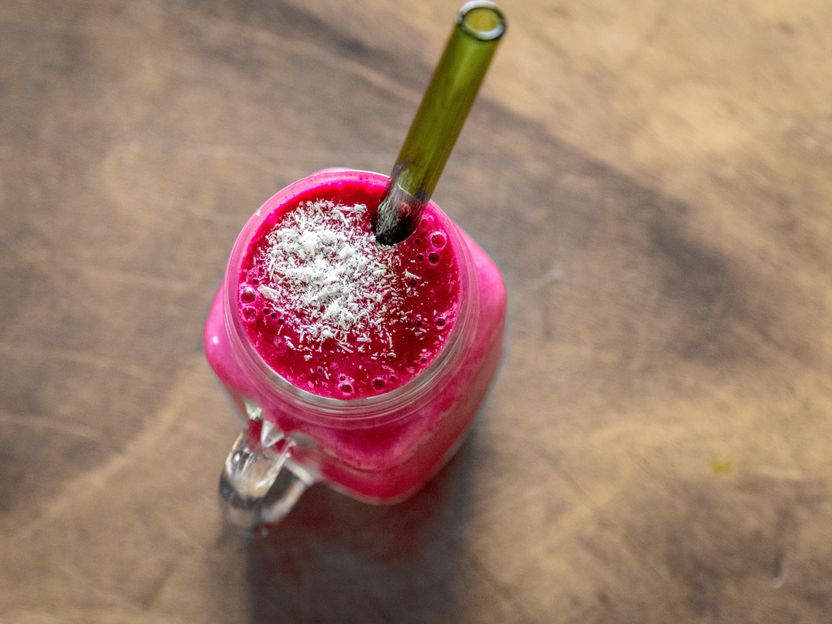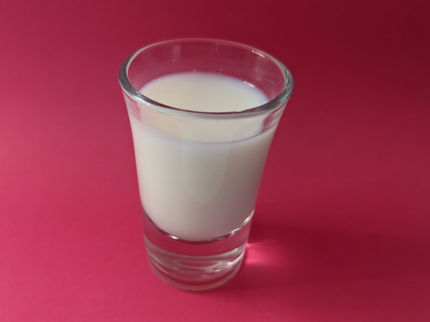Pink drinks can help you run faster and further
A new study led by the Centre for Nutraceuticals in the University of Westminster shows that pink drinks can help to make you run faster and further compared to clear drinks.

Photo by Osha Key on Unsplash
The researchers found that a pink drink can increase exercise performance by 4.4 per cent and can also increase a 'feel good' effect which can make exercise seem easier.
The study, published in the journal Frontiers in Nutrition, is the first investigation to assess the effect of drink colour on exercise performance and provides the potential to open a new avenue of future research in the field of sports drinks and exercise.
During the study participants were asked to run on a treadmill for 30 minutes at a self-selected speed ensuring their rate of exertion remained consistent. Throughout the exercise they rinsed their mouths with either a pink artificially sweetened drink that was low in calories or a clear drink which was also artificially sweetened and low in calories.
Both drinks were exactly the same and only differed in appearance - the researchers added food dye to the pink drink to change the colour.
The researchers chose pink as it is associated with perceived sweetness and therefore increases expectations of sugar and carbohydrate intake.
Previous studies have also shown that rinsing the mouth with carbohydrates can improve exercise performance by reducing the perceived intensity of the exercise, so the researchers wanted to assess whether rinsing with a pink drink that had no carbohydrate stimulus could elicit similar benefits through a potential placebo effect.
The results show that the participants ran an average 212 metres further with the pink drink while their mean speed during the exercise test also increased by 4.4 per cent. Feelings of pleasure were also enhanced meaning participants found running more enjoyable.
Future exploratory research is necessary to find out whether the proposed placebo effect causes a similar activation to the reward areas of the brain that are commonly reported when rinsing the mouth with carbohydrates.
Talking about the study, Dr Sanjoy Deb, corresponding author on the paper from the University of Westminster, said: "The influence of colour on athletic performance has received interest previously, from its effect on a sportsperson's kit to its impact on testosterone and muscular power. Similarly, the role of colour in gastronomy has received widespread interest, with research published on how visual cues or colour can affect subsequent flavour perception when eating and drinking.
"The findings from our study combine the art of gastronomy with performance nutrition, as adding a pink colourant to an artificially sweetened solution not only enhanced the perception of sweetness, but also enhanced feelings of pleasure, self-selected running speed and distance covered during a run."
Most read news
Organizations
Other news from the department science

Get the food & beverage industry in your inbox
By submitting this form you agree that LUMITOS AG will send you the newsletter(s) selected above by email. Your data will not be passed on to third parties. Your data will be stored and processed in accordance with our data protection regulations. LUMITOS may contact you by email for the purpose of advertising or market and opinion surveys. You can revoke your consent at any time without giving reasons to LUMITOS AG, Ernst-Augustin-Str. 2, 12489 Berlin, Germany or by e-mail at revoke@lumitos.com with effect for the future. In addition, each email contains a link to unsubscribe from the corresponding newsletter.

























































